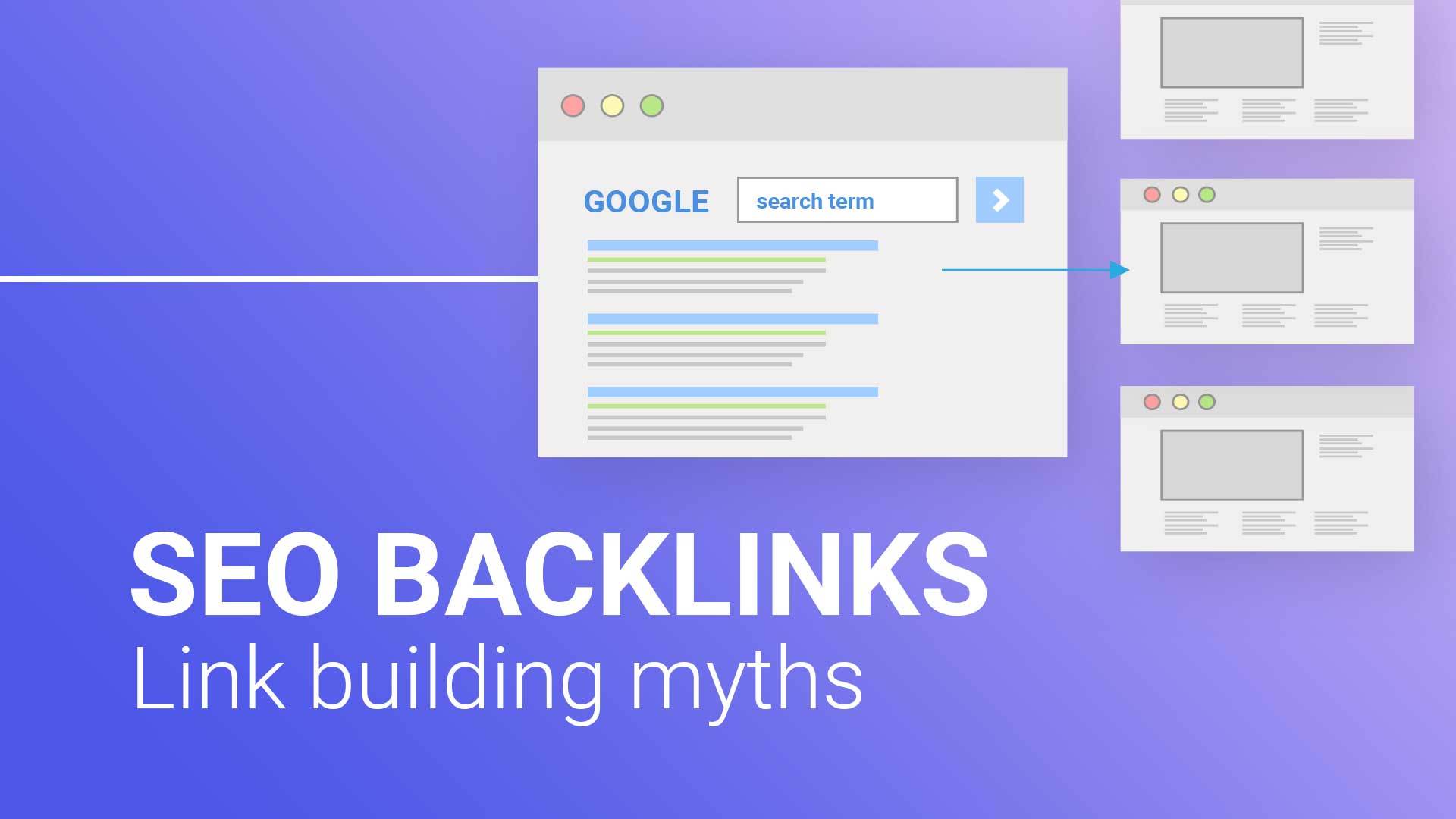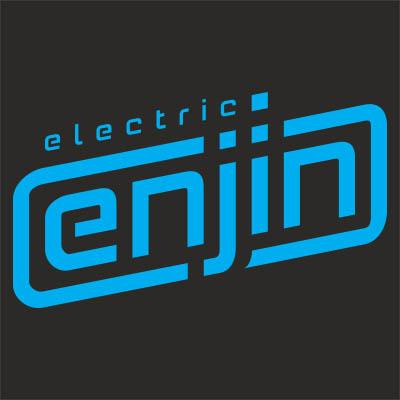Busting Backlink Myths

I’m not going to beat around the bush here, backlinks are important to your website’s organic performance, and that’s the truth. Backlink building is essential to your SEO strategy. But there’s a lot of information floating around about our beloved backlinks that aren’t quite truthful and we’re going to bust those today.
Myth: Word on the street is that all backlinks provide some type of link juice to my website.
Unfortunately, very untrue. There are two types of backlinks: dofollow and nofollow. Guess which one provides link juice? Dofollow links are what you want to strive to get as much as possible. Just a small tweak in a site’s HTML will make a backlink a nofollow, which provides no benefit to your SEO strategy. It’s not all bad. A nofollow link will still share your content with a new audience and drive more people to your site, but it’s not going to be looked at by Google.
So when you’re looking to add your website to a directory or you are confused as to why a recent repost of your article isn’t showing up your backlink audit, take a look at the code the website is using to publish backlinks. When you inspect the page’s code (on Google Chrome it’s just a right click, inspect, and then find the link on the page), look to see if there’s a “nofollow” attribute. If there is, consider it juiceless.
Myth: The more backlinks, the better! Give me MORE!
Rephrase that to “the more quality backlinks, the better” and that statement would be true. A lot of SEO agencies boast that they can get you 100+ new backlinks overnight and your Google ranking is going to skyrocket. I’m telling you now, they really can’t do that and expect your ranking to go up. Most likely it’s going to drop. And the worst case scenario, which is not that uncommon at all, is Google is going to penalize your site until you remove your blackhat tactics.
What makes a backlink lack quality? The website that is publishing your link could have a low domain or trust score with Google (this is a number that you can check with the handy Google Chrome plugin SEOquake, which gives you site metrics for each result right on the SERP). If it’s a sketchy WordPress blog with a score of 2, odds are you don’t want that backlink. Disavow these toxic domains with any backlink or SEO tool to avoid any negative effects to your website ranking – we use Ahrefs.
Myth: Backlinks are forever.
If only. Having an SEO tool that watching your backlinks is essential for checking on your link gains and losses. If a website linked back to your site as a source in their article, it’s very likely that they could have given that attribution to a new website that asked for the spot. It’s a common practice in clean backlink building that you should be utilizing, but unfortunately it means that sometimes you lose a backlink yourself.
You can also lose links when you lose a partnership or an award expires. Usually these websites provide you with great link juice, so you are going to want to consider renewing or reapplying in order to keep your backlink on these types of sites.
Sometimes losing backlinks is at no fault of your own, but sometimes it is. If you improperly set up redirects after changing a page’s location, then your pre existing backlinks become useless if they aren’t leading to the right place. Many SEO backlink tools give you the reason as to why you’ve lost a link. If lost backlink is due to a redirect, you have to fix that link as soon as possible before the referring site completely removes it themselves.
Myth: New backlinks = more qualified traffic = more revenue
Just because you have a new backlink, doesn’t mean it’s working for you in every way possible. If it’s on a reputable website, then it’s providing you link juice. If that same site is a high traffic site, it might be providing you with referral traffic. Where is your backlink located? Probably not on the homepage or another large landing page, so not every site visitor will see your link. What’s the anchor text look like? If just a single word contains your link, it’s less likely to be clicked than a long tail phrase. A lot goes into whether or not your link gets clicked, but it mostly depends on the user. What’s their end goal – to keep reading about this topic, or to get the info they need and then bounce?
You can see if your backlinks are getting you traffic on your Google Analytics account. Go to the Acquisition section and sort the traffic source by “referral.” This report will show you how much traffic comes from referral sources and which sources (or mediums) the traffic is coming from there.
You don’t have a lot of control over where or how your backlink is placed on other websites. But if you are unhappy with your anchor text or another factor, don’t be afraid to reach out to the author and ask for an edit.
Myth: Buying backlinks is an investment in your website’s SEO strategy.
Ummm no. If anything, it’s a bad investment. Like I mentioned before, Google is smart and can recognize blackhat tactics; and in turn, penalize you by throwing you in the alleged filter known as the “sandbox.” The sandbox will withhold a website from increasing their ranking and getting found in search until all disapproved elements of the site are removed from the web (i.e. your purchased spam links).
If you take away anything from these debunked myths, it should be that backlinks benefit your website when they are quality, clean, and natural. When you’re buying backlinks, you’re not only getting a steady stream of toxic link juice, but you’re not even gaining any referral traffic. There will be little to no eyes on your content, and I can guarantee you that no internet user is going to be clicking a random link in the comment section of an online forum. Bought backlinks are best when they are AVOIDED AT ALL COSTS.
Truth: A natural backlink plan will increase your site’s ranking and give you the juiciest of all the link juice.
A natural backlink strategy is essential to any SEO strategy. If it was overlooked in the past, it’s never too late to get started on building a strong backlink program for your website. Get on the main directory websites (some of them offer dofollow links, some don’t), create great content that other sites want to share with their users, and don’t be afraid to reach out to authors requesting a backlink. It’s all a part of the process, and it will greatly benefit your website’s SEO in the end.
